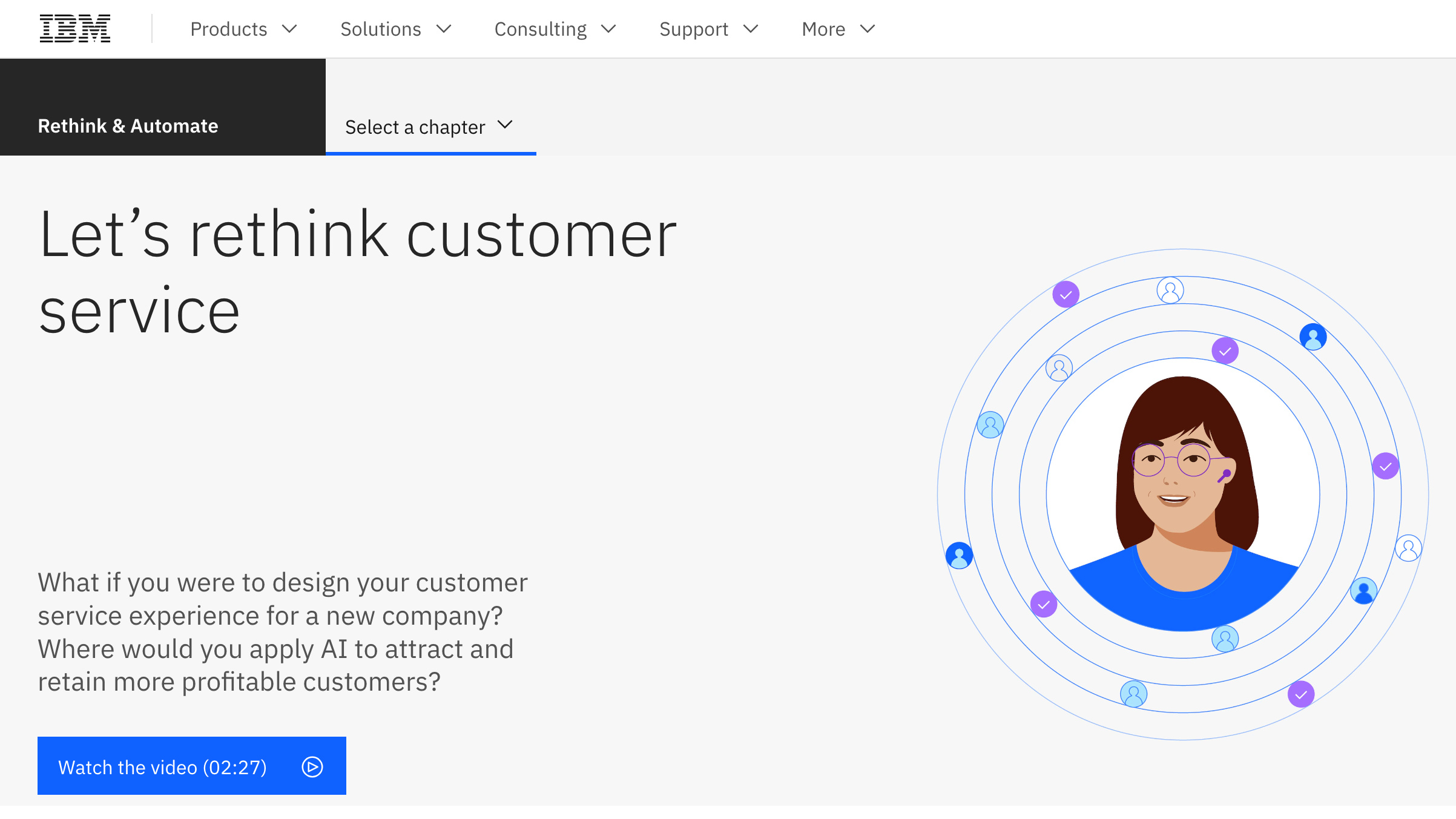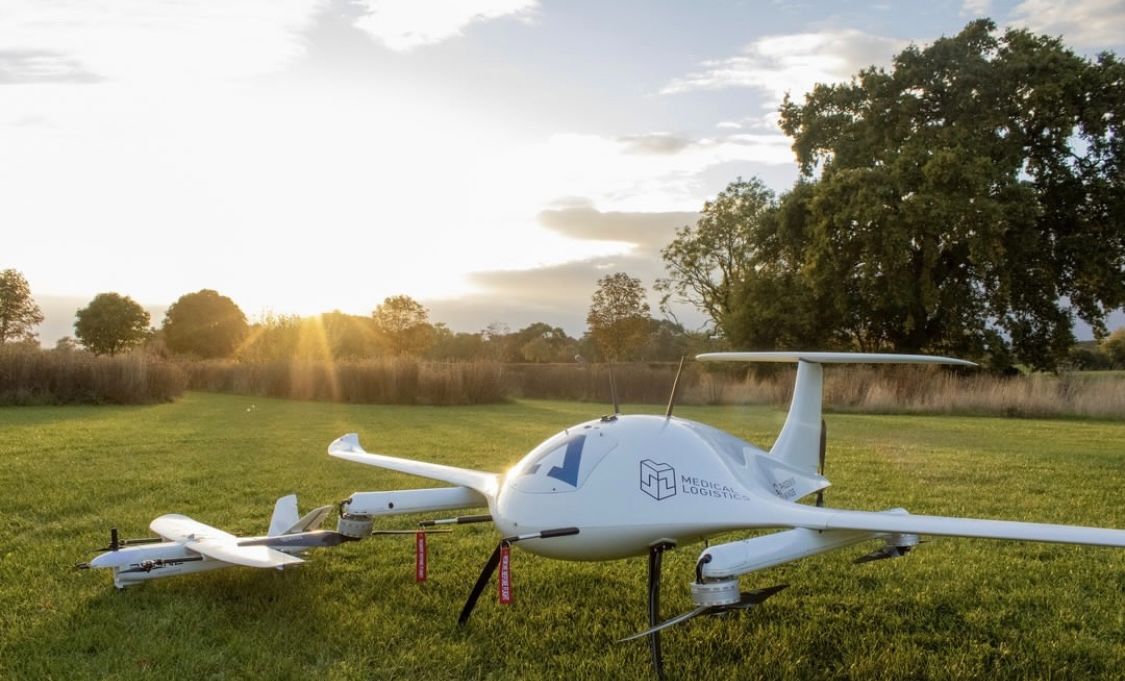NHS to receive £500m cash injection for digital transformation
Health secretary Matt Hancock aims to increase NHS efficiency and improve patient safety


Improving the NHS's technology will be one of new health secretary Matt Hancock's early priorities, as he pledged a fresh 487 million to initiate digital transformation projects across the health body.
Using his first speech as health secretary to define his early priorities - which also include the workforce and prevention - Hancock talked up the potential for technology to not only save time and money, but improve patient safety and outcomes.
More than 400 million will go towards new technology in hospitals aimed at boosting patient safety and making it easier to access health services from home, he announced before an audience at West Suffolk Hospital last Friday.
An additional 75 million will be made available to trusts to install new systems that increase efficiency and allow clinicians to spend more time with patients - with a target to reduce clinical errors by 50% versus the old paper systems.
"For too long, decisions on health and care have seemed to involve a trade-off - improving patient outcomes at the expense of placing ever more pressure on staff, while reducing the demands on staff has been seen to have an impact on patient care," he said.
"Technology and data innovation offers an opportunity to move past this binary approach."
Hancock highlighted the "instructive" use of Babylon's controversial NHS GP app, a free healthcare app for NHS patients, as an example for how technology can transform healthcare. He also cited the deployment of 'patient barcode' tracking system Scan4Safety in six hospitals as a system that he claims has already saved 8.7 million.
Sign up today and you will receive a free copy of our Future Focus 2025 report - the leading guidance on AI, cybersecurity and other IT challenges as per 700+ senior executives
In partnership with Amazon, meanwhile, the NHS Choices service can deliver advice via voice-activated devices - particularly beneficial to visually-impaired users, who won't always have to book a GP appointment.
The new health secretary also stressed the importance of joining up data across the health and social care system, echoing NHS Digital's commitment to fund data-sharing projects.
The health service's digital arm last month invited organisations working with the NHS to apply for 1.5 million in funding that will support projects that ease the flow of data between clinical and social care bodies, and focus on using machine learning-powered tools to boost early intervention.
"Emphatically the way forward is not to curb the technology - it's to keep improving it and - only if we need to - change the rules so we can harness new technology in a way that works for everyone: patient and practitioner," Hancock added.
"Not only can the right use of technology save time and money, it can improve patient safety."
NHS Digital has announced a slew of smaller, separate initiatives over the course of the year geared towards transforming aspects of the health service.
For instance, last month it committed 720,000 to support local councils' digital innovation pilot projects to help social care recipients. This preceded an announcement that NHS Digital would seek private healthcare data to augment its own patient records - and improve the accuracy of the data the NHS holds.
Elsewhere, prime minister Theresa May earlier this year pledged millions of pounds to use AI to improve early diagnosis of cancer and chronic disease.
In a speech delivered earlier this year, May also called for the industry and charities to join the NHS in creating algorithms that can predict a patient's care requirements based on their medical records and lifestyle information.

Keumars Afifi-Sabet is a writer and editor that specialises in public sector, cyber security, and cloud computing. He first joined ITPro as a staff writer in April 2018 and eventually became its Features Editor. Although a regular contributor to other tech sites in the past, these days you will find Keumars on LiveScience, where he runs its Technology section.
-
 Trump's AI executive order could leave US in a 'regulatory vacuum'
Trump's AI executive order could leave US in a 'regulatory vacuum'News Citing a "patchwork of 50 different regulatory regimes" and "ideological bias", President Trump wants rules to be set at a federal level
-
 TPUs: Google's home advantage
TPUs: Google's home advantageITPro Podcast How does TPU v7 stack up against Nvidia's latest chips – and can Google scale AI using only its own supply?
-
 How Dragon Copilot is helping clinicians spend more time with their patients
How Dragon Copilot is helping clinicians spend more time with their patientsFeature The Dragon Copilot AI tool is offloading some of the administrative burden of clinicians at an NHS teaching hospital, improving productivity and allowing clinicians to focus on their patients
-
 NHS set for huge tech investment boost in latest spending review
NHS set for huge tech investment boost in latest spending reviewNews The government spending review will fund the NHS App, the single patient record, the Federated Data Platform, and other initiatives
-
 Modern enterprise cybersecurity
Modern enterprise cybersecuritywhitepaper Cultivating resilience with reduced detection and response times
-
 Where will AI take security, and are we ready?
Where will AI take security, and are we ready?whitepaper Steer through the risks and capitalize on the benefits of AI in cyber security
-
 Knowing where AI fits into your business before you invest
Knowing where AI fits into your business before you investSupported Incoming generative AI costs and security concerns make strategic adoption a must
-
 Let's rethink customer service
Let's rethink customer servicewhitepaper Discover new ways to improve your customer service process
-
 Saving the NHS with tech: 5G healthcare and virtual wards
Saving the NHS with tech: 5G healthcare and virtual wardsCase study Can technology cure Britain’s ailing healthcare service? Our three-part series examines how technology can lift Britain’s healthcare system out of its current crisis
-
 Saving the NHS with tech: Making blood deliveries by drone
Saving the NHS with tech: Making blood deliveries by droneCase Study Can technology cure Britain’s ailing healthcare service? Our three-part series examines how technology can lift Britain’s healthcare system out of its current crisis